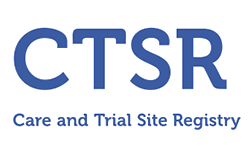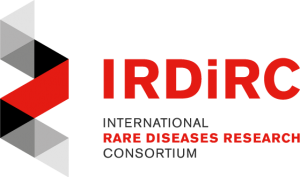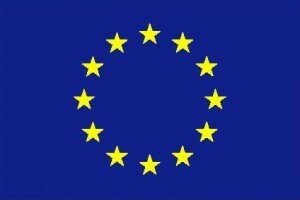Neurodegenerative and neuromuscular diseases (NDD/NMD) form one of the most frequent groups of rare diseases, affecting the life and mobility of over 500,000 patients in Europe and millions of their caregivers, family members and employers. Neuromics is a research consortium which brings together the leading research groups in Europe, five highly innovative SMEs as well as overseas experts in the relevant fields. Using the most sophisticated -omics technologies, this consortium will revolutionize diagnostics and develop new treatments for ten major neurodegenerative and neuromuscular diseases affecting the cortex, basal ganglia, cerebellum, spinal cord, peripheral nerves, neuromuscular junction, and muscle.
More specifically, Neuromics aims to:
- use next-generation whole-exome sequencing (WES) to increase the number of known genes for the most heterogeneous disease groups from about 50% to 80%
- increase patient cohorts through large-scale genotyping and subsequent phenotyping of currently unclassified patients
- develop biomarkers for clinical applications with a strong emphasis on pre-symptomatic biomarkers, cohort stratification and therapy monitoring
- combine -omics approaches to better understand pathophysiology and identify potential therapeutic targets
- identify disease modifiers in disease subgroup cohorts with extreme early or late age of onset
- develop targeted therapies using antisense oligonucleotides and histone deacetylase inhibitors,
- translate the consortium’s expertise in clinical care from ongoing trials to other disease groups, notably the PolyQ diseases and other NMDs
To guarantee that advances and innovations achieved through Neuromics impact on a large number of patients, the focus is on 10 major disease categories. Some of these are at a promising stage of etiological and therapeutic research, while in others diagnostic and therapeutic concepts are still preliminary.
The Neuromics research efforts will interact closely with a similar project in the field of rare kidney diseases – EURenOmics, sharing skills, experiences and infrastructure where possible. Both will work closely with RD-Connect, a recently funded project which will create an integrated platform connecting databases, registries, biobanks and clinical bioinformatics for rare disease research.
Disease groups to be covered by this project:
Ataxia
Congenital muscular dystrophy
Congenital myasthenic syndrome
Fronto-temporal lobe dementia
Hereditary motor neuropathies – Charcot-Marie-Tooth disease
Hereditary spastic paraplegias
Huntington’s disease
Muscular channelopathy
Muscular dystrophy
Spinal muscular atrophy – Lower motor neuron disease



